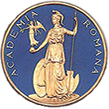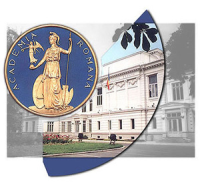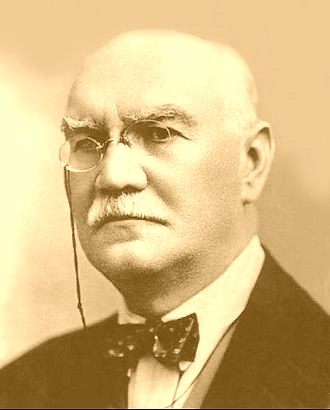Main Menu
DEPARTAMENTE
REVISTE
PUBLICAŢII PERIODICE
LEGĂTURI
CONFERINȚE
 Simpozionul Național Constantin Noica, Ediția a XVI-a „Povestiri despre om…” (26-29 septembrie 2024)
Simpozionul Național Constantin Noica, Ediția a XVI-a „Povestiri despre om…” (26-29 septembrie 2024)SIMPOZIONUL NAŢIONAL
SIMPOZIONUL NAŢIONAL
Welcome
SEMINARIILE DE CERCETARE ALE I.F.P.A.R. (15.04.2024)
victorg, Friday 12 April 2024 - 00:00:00 //
Luni, 15 aprilie 2024, orele 12-14
Conferențiar: JOHN DEMETRAKOPOULOS (University of Patras)
Tema: „Doing History of Philosophy: the Philological Way”
Tema: „Doing History of Philosophy: the Philological Way”
Linkul pentru accesul online:
When studying philosophical corpora, we usually assume implicitly that philosophers constructed “systems”. This assumption calls for offering
cross-references within the corpus of, say, Plato, Aristotle or Thomas Aquinas, or references to some other corpora that were crucial for understanding the author studied. The underlying method is this: a historian of philosophy is supposed to collect all the passages relevant to this or that “philosophical issue”, grasp the doctrine held in them, and then unite the doctrines into a whole, into a “system”. This implies a crypto-Romantic and a crypto-Hegelian approach to the history of philosophy: individual thinkers are supposed to discuss the ‘perennial’ problems of philosophy, and the thought of each of them is supposed to express some part of the content of the ‘World Spirit’ or the ‘Idea’ in a limited form, determined by the idiosyncrasy and the particular historical phase in which he lived. This approach says nothing about how the Greek and Latin philosophical texts were actually produced, because it underestimates the fact that books are produced on the basis of books. Moreover, precisely because it says nothing about this, it fails to properly or fully understand the content of the texts as well. What I want to argue is that we can’t grasp the content of philosophical texts unless we detect the exact texts that lurk behind almost every word of them. I intend to substantiate this by offering some examples.
cross-references within the corpus of, say, Plato, Aristotle or Thomas Aquinas, or references to some other corpora that were crucial for understanding the author studied. The underlying method is this: a historian of philosophy is supposed to collect all the passages relevant to this or that “philosophical issue”, grasp the doctrine held in them, and then unite the doctrines into a whole, into a “system”. This implies a crypto-Romantic and a crypto-Hegelian approach to the history of philosophy: individual thinkers are supposed to discuss the ‘perennial’ problems of philosophy, and the thought of each of them is supposed to express some part of the content of the ‘World Spirit’ or the ‘Idea’ in a limited form, determined by the idiosyncrasy and the particular historical phase in which he lived. This approach says nothing about how the Greek and Latin philosophical texts were actually produced, because it underestimates the fact that books are produced on the basis of books. Moreover, precisely because it says nothing about this, it fails to properly or fully understand the content of the texts as well. What I want to argue is that we can’t grasp the content of philosophical texts unless we detect the exact texts that lurk behind almost every word of them. I intend to substantiate this by offering some examples.


 P S I H O L O G I E
P S I H O L O G I E



